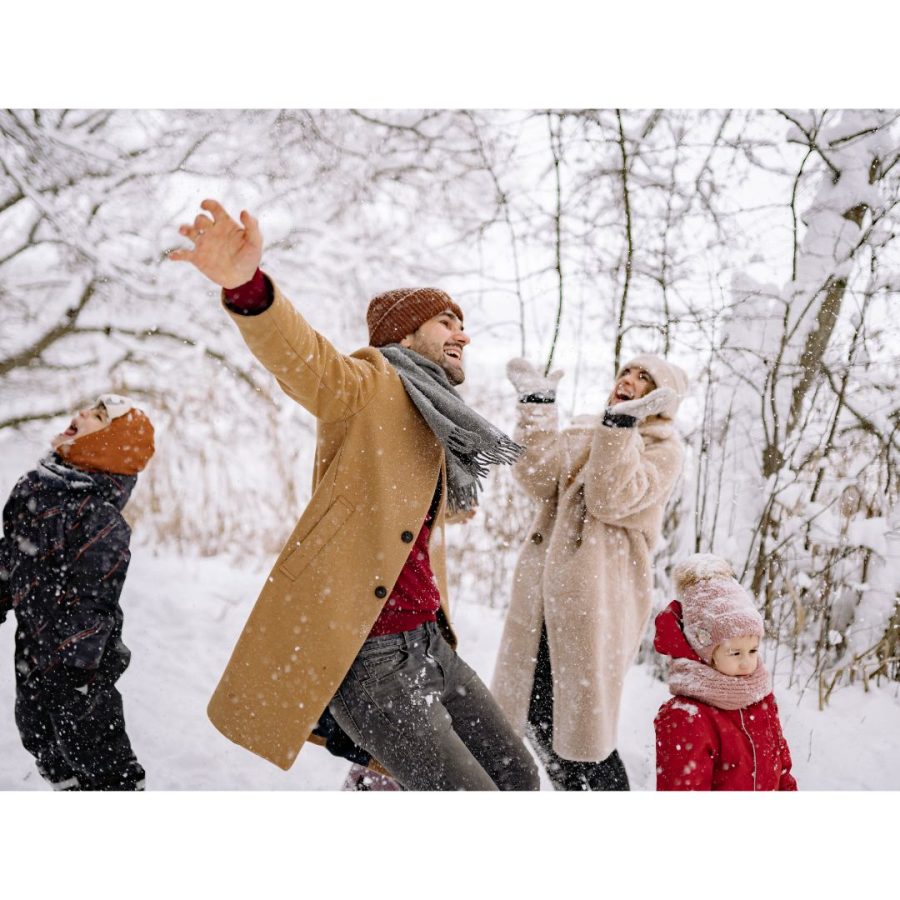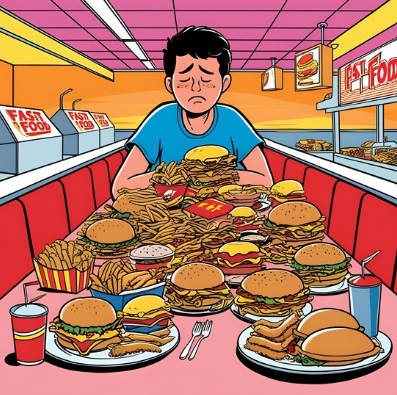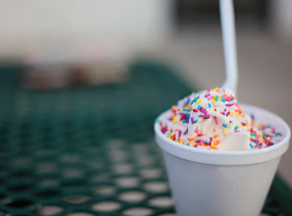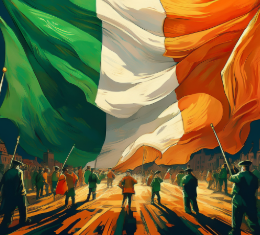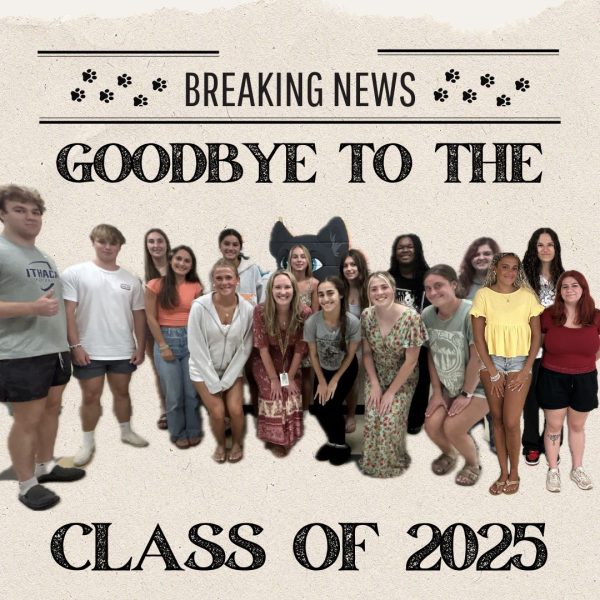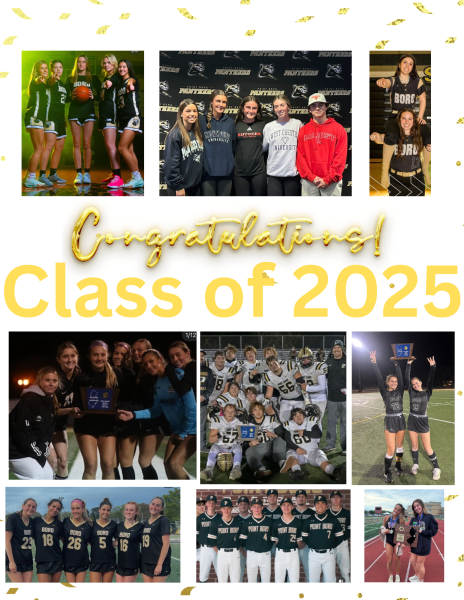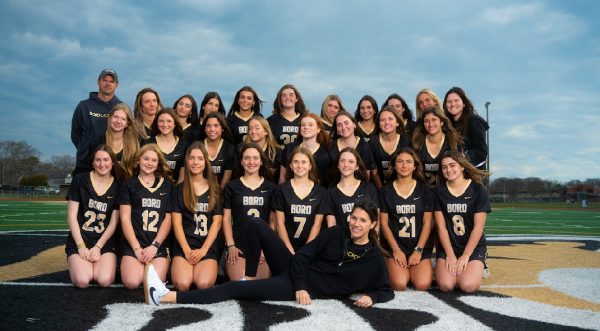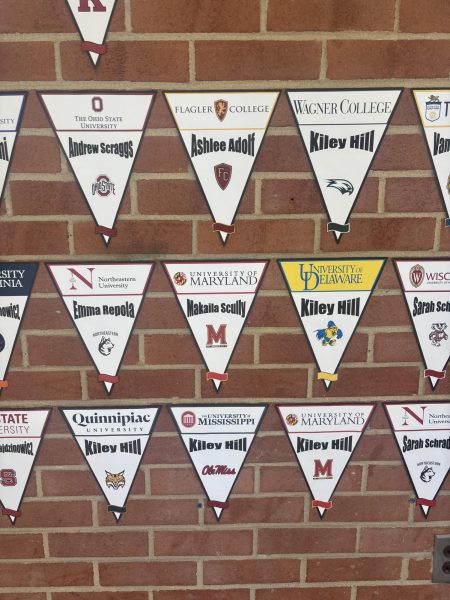How Climate Change Stole Christmas
The term “white Christmas” has been a joyful phrase sung throughout the holiday season. This obviously comes from the snowy white appearance that glazes the Christmas holiday. Children and adults have been raised on Rudolph the red-nosed reindeer and Bing Crosby’s “White Christmas”.
According to the Old Farmer’s Almanac, “The publication’s long-range weather prediction suggests that all of Eastern and Central Washington, and areas of Northeast and North-central Oregon may see snow leading up to Christmas Day.” But what about New Jersey? This has led us to wonder if global warming stole white Christmas? We interviewed our resident experts, science teachers, about the problem. First we asked Ms. Vasseur to enlighten us on what Global warming is.
“Global warming is kind of an outdated term we [scientists] usually refer to it as climate change now,” Ms. Vasseur stated, “overall the planet is, yes, getting warmer but again in some places they are getting a little bit colder.” This shows that climate change refers to the rapid change of the environment. Though the planet as a whole may be getting warmer, in certain areas of our planet it may also be getting colder, more dry, or more prone to large storms. We may not be losing white Christmases as a whole but we may be gaining an even worse middle ground of super white Christmases or lack of white across the winter season.
The next teacher we interviewed was Dr. Kostenko. She talked to us about how climate change is definitely affecting our Christmases each year: “We are seeing more milder Winters than we have before or on the flipside, we are also seeing more severe Christmas’ than we have in the past.” Snow during the Winter is very unpredictable. Dr. K also went on to explain that “this idea of severe or mild weather is causing great fluctuation.”
In conclusion, we may not be seeing a loss in white Christmases, but because of the climate changing the Christmas season as we know it, we will, unfortunately, experience the worst of both worlds between extreme white Christmases or completely barren Christmases.


